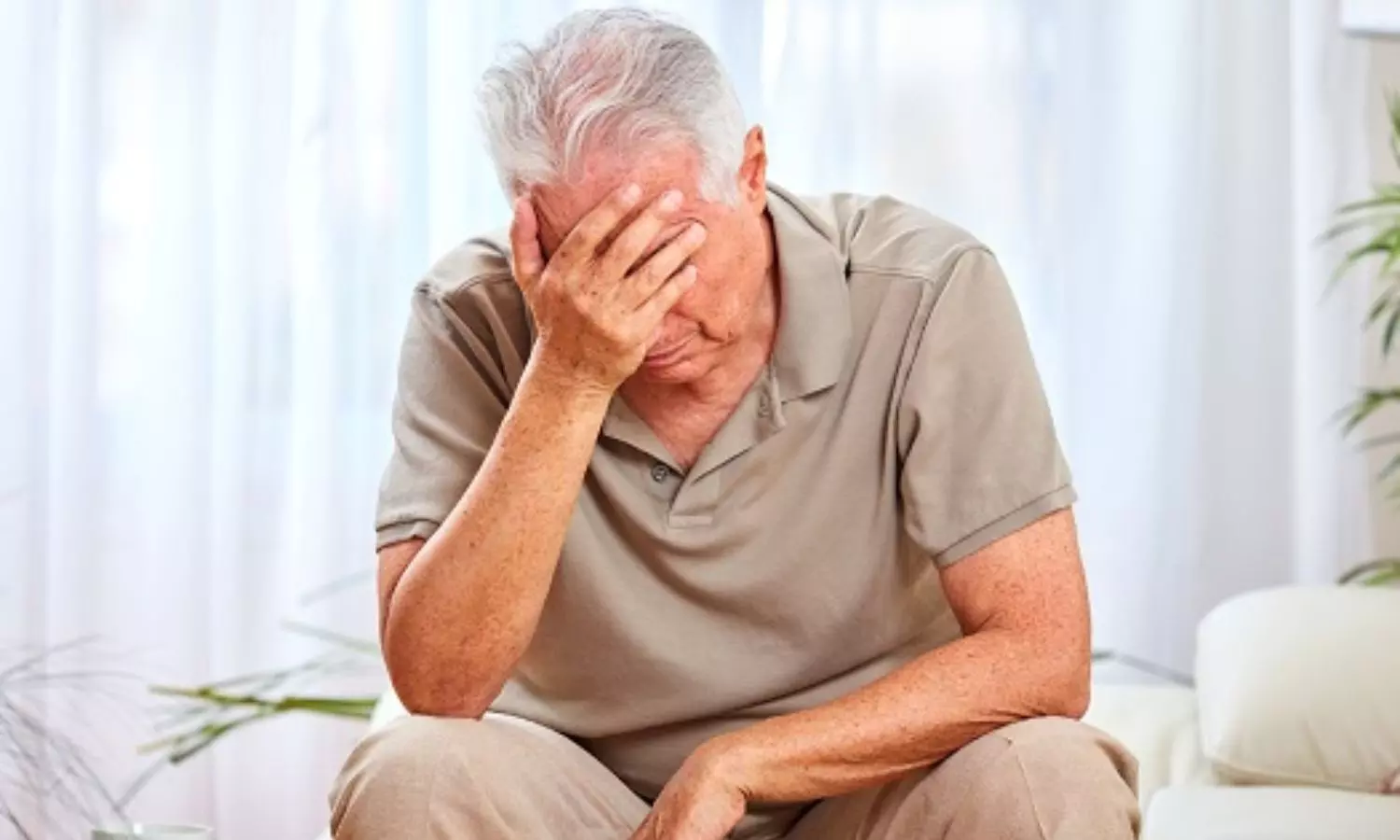- Home
- Medical news & Guidelines
- Anesthesiology
- Cardiology and CTVS
- Critical Care
- Dentistry
- Dermatology
- Diabetes and Endocrinology
- ENT
- Gastroenterology
- Medicine
- Nephrology
- Neurology
- Obstretics-Gynaecology
- Oncology
- Ophthalmology
- Orthopaedics
- Pediatrics-Neonatology
- Psychiatry
- Pulmonology
- Radiology
- Surgery
- Urology
- Laboratory Medicine
- Diet
- Nursing
- Paramedical
- Physiotherapy
- Health news
- AYUSH
- State News
- Andaman and Nicobar Islands
- Andhra Pradesh
- Arunachal Pradesh
- Assam
- Bihar
- Chandigarh
- Chattisgarh
- Dadra and Nagar Haveli
- Daman and Diu
- Delhi
- Goa
- Gujarat
- Haryana
- Himachal Pradesh
- Jammu & Kashmir
- Jharkhand
- Karnataka
- Kerala
- Ladakh
- Lakshadweep
- Madhya Pradesh
- Maharashtra
- Manipur
- Meghalaya
- Mizoram
- Nagaland
- Odisha
- Puducherry
- Punjab
- Rajasthan
- Sikkim
- Tamil Nadu
- Telangana
- Tripura
- Uttar Pradesh
- Uttrakhand
- West Bengal
- Medical Education
- Industry
Unsupervised home-use of transcranial direct current fails to improve major depression: JAMA

Transcranial direct current stimulation (tDCS) is moderately effective in treating depression when administered by trained professionals. However, it remains unclear whether self-administered tDCS, either alone or in combination with a digital psychological intervention, is also effective in treating depression.
According to an Original Investigation published in JAMA Psychiatry, Unsupervised home-use transcranial direct current stimulation (tDCS) along with a digital psychological intervention or a digital placebo demonstrates no superiority compared to sham treating individuals with major depressive episodes.
In this randomized clinical trial involving 210 adults with a major depressive episode, no significant differences were found between home-use tDCS combined with either a digital psychological intervention or digital placebo and sham in reducing depressive symptoms after six weeks. The aim was to determine whether fully unsupervised home-use tDCS, combined with a digital psychological intervention or digital placebo, is effective for treating major depressive episodes.
The intervention involved 2-mA, 30-minute prefrontal tDCS sessions for 15 consecutive weekdays and twice-weekly sessions for three weeks. The digital intervention had 46 sessions based on behavioral therapy. Digital placebo included internet browsing. The main outcome measure was the change in HDRS-17 score at week 6.
Key findings from the study are:
- Among the 210 participants, aged 38.9 years on average, 30 were men, and 180 were women. All of them had major depression, at least eight years of education, and access to a smartphone and home internet.
- 64 participants were allocated to double active, 73 to tDCS only, or 73 to double sham. One hundred ninety-nine participants finished the trial.
- No statistically significant differences were found in HDRS-17 scores between groups.
- Skin redness and heat or burning sensations were more common in the double active and tDCS-only groups, and one nonfatal suicide attempt occurred in the tDCS-only group.
According to the results, it is not advisable to recommend unsupervised home use of tDCS for clinical practice.
Reference:
Borrione L et al. Home-Use Transcranial Direct Current Stimulation for the Treatment of a Major Depressive Episode: A Randomized Clinical Trial. JAMA Psychiatry.
doi:10.1001/jamapsychiatry.2023.4948
BDS, MDS in Periodontics and Implantology
Dr. Aditi Yadav is a BDS, MDS in Periodontics and Implantology. She has a clinical experience of 5 years as a laser dental surgeon. She also has a Diploma in clinical research and pharmacovigilance and is a Certified data scientist. She is currently working as a content developer in e-health services. Dr. Yadav has a keen interest in Medical Journalism and is actively involved in Medical Research writing.



